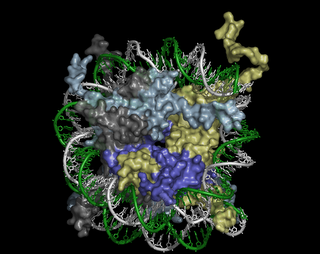
They have always been my greatest consolation and one of the most entertaining companies. My masters, my teachers, my idols. And by this I don't mean either my highschool professors (although some of them I still remember), nor the crude foot-balling genious of Dimitris Saravakos or the legendary figure of Che (whose posters could still decorate my bedroom). By masters, I refer to the people, whose work not only I admire but above all has always acted on my frustrating, vertiginous anxieties with an utterly recomposing effect.
In times of stress, I turn back to my favourite beacons of wisdom, which by doing nothing but having done everything already, by saying nothing but by having written all that is worth to write, by not letting out a single sigh but by having composed music to last until the end of time, they put me back into place. It is exactly then that my sense of what really matters becomes crystal clear. Feeling melancholic on a rainy Sunday morning loses any excuse on the sound of Ravel's "Tombeau de Couperin" (perhaps exactly because it lifts melancholy to a level of exhilarating perfection). Getting bored with the daily routine of work, work, work gets a whole lot different meaning when you remember that a previously un-discovered collection of articles by Eduardo Galeano awaits you at home (and I thank myself for choosing this book to give to Bianca as a farewell present).
Because it is the "masters" that come to your aid in all kinds of difficult situations. You think there's nothing left to be said until you come upon a well-placed phrase by Tolstoi. You think there is no way to sort out the simplest possible model about the results you produce on your screen when you remember that Feyerabend once advised you to use exactly what you are completely forgetting about: your intuition. Evenmore, you feel that an inspiring five minutes of peace are impossible until you suddenly discover that Rachmanninov once wrote 14 songs, the last one you think only for you to listen to on this dull Tuesday afternoon (Julien, I ll be forever grateful for this).
Inspiration may remain evanescent, peacefull breaks will always be short-lived, unocmfortable silences will keep occurring and intuitive models will hardly ever work. But what remains is the feeling that we are not alone in this complicated world, full of puzzles and challenges, where we can also make a difference as long as we turn to the right people for advice and councelling.

